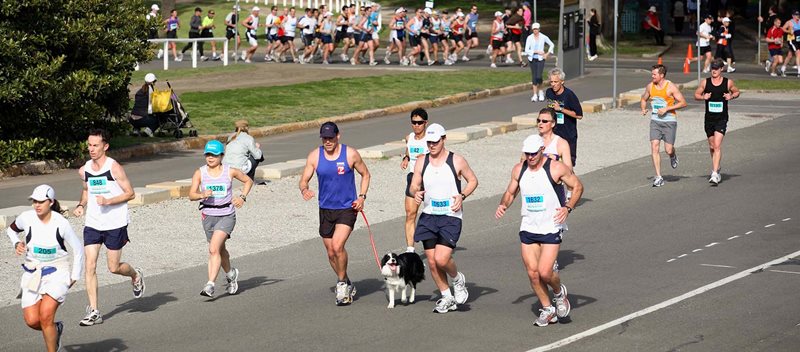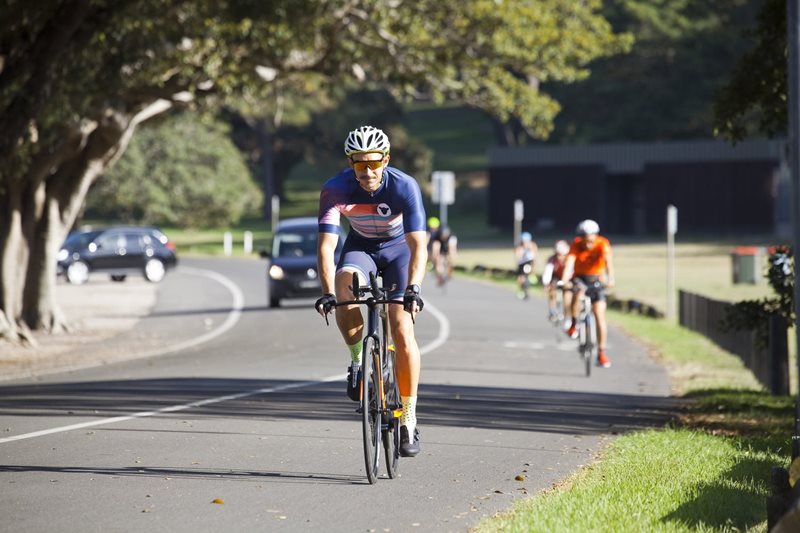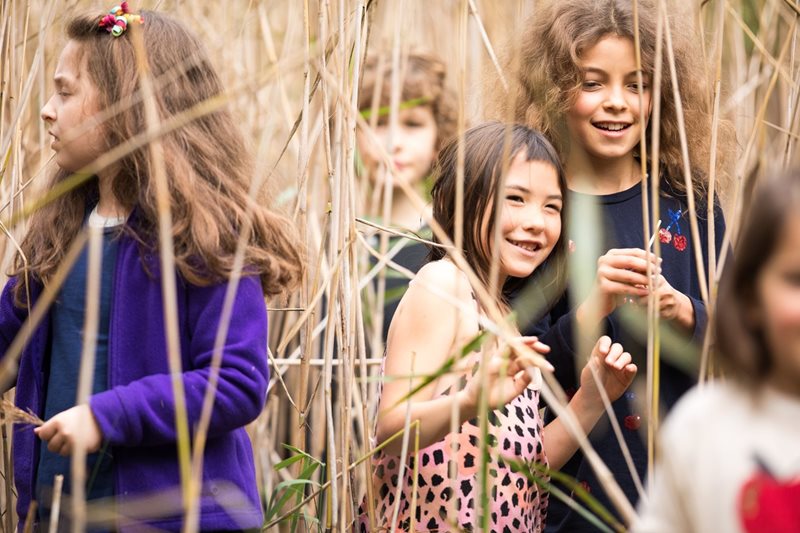Physical inactivity is something we often read about, but most of us don't do much more than mentally commit ourselves to "doing something about it someday" and then we move on.
But apparently, we don't move on enough. According to The Department of Health, nearly 70% of Australian adults are either sedentary or have low levels of physical activity.
Is this necessarily a bad thing? Well, here are a few health insights from the World Health Organisation linked to physical inactivity:
- Physical inactivity is the second greatest contributor, behind tobacco smoking, to the cancer burden in Australia.
- Physical inactivity is one of the leading causes of poor heart health and almost 10,000 Australians die of a heart attack every year.
- Globally, physical inactivity is the fourth leading cause of death due to non-communicable disease worldwide (e.g. heart disease, stroke and diabetes)
OK, enough of the doom and gloom. The more important question is: how can Centennial Parklands help you?
 There are almost 700,000 registered sports users who use the Parklands to play and train every year.
There are almost 700,000 registered sports users who use the Parklands to play and train every year.
Let's start with what the experts say...
The Heart Foundation recommends that being physically active is an important part of leading a healthy lifestyle. Young or old, physical activity has a range of benefits, and the good news is it doesn’t have to be strenuous – moderate activity such as brisk walking, is great for your health.
They endorse the National Physical Activity Guidelines which outline the minimum levels of physical activity required to gain a health benefit and ways to incorporate incidental physical activity into everyday life.
Now, where do parks fit in?
Within parks, people tend to be more physically active - on tracks, playgrounds and at sports facilities. The many benefits of exercise and physical activity are now well documented.
Regularly physical activity can help maintain healthy weight, reduce the risk of heart attack and more. Interested? Read more about 'green exercise" here or more research here about the link between healthy people and healthy parks..
 Millions of people (literally) come to the Parklands every year to walk, run, cycle, play sport or just sit and relax.
Millions of people (literally) come to the Parklands every year to walk, run, cycle, play sport or just sit and relax.
How Centennial Parklands can help you
Sydney is becoming increasingly crowded and open spaces like those in Centennial Parklands are becoming a peaceful sanctuary and important community space to stay healthy.
Tips for keeping the family healthy:
- Make walks in the Park fun for very young kids by inventing games - for example, see if you can spot five different birds today; see if you can spot five red objects in the Park. They'll spend so much time walking and searching they won't realise they're exercising.
- Get Swing Fit at Moore Park Golf, a fun and social way for women to learn the great game of golf every Saturday.
- Join a walking group for yourself (such as these).
- Take up riding a bike with your child (or we have a popular Children's Learners Cycleway). If you don't own a bike, no worries - hire one from Centennial Park Cycles right here in Centennial Park.
- Walk the family dog - 43% of Centennial Parklands is off-leash area - check out our pooch inspired playlist here.
- Keep a football, frisbee, jump rope, scooters or bat and ball in your car at all times. If in the Parklands, or passing nearby, stop of for an unscheduled play session.
- Book your child on one of our nature play programs like Bush School - where kids are encouraged to run wild, climb trees and make mud pies. See our What's On calendar for more kid friendly ideas.
 Bush School is a chance for kids to play in nature.
Bush School is a chance for kids to play in nature.
Get outdoors and enjoy Parks Week
Parks Week is from the 9 – 17 of March 2019, and is a collaboration between the New Zealand Recreation Association and Parks and Leisure Australia. Both countries will be running events to raise awareness of the value of parks and open spaces.
It’s a well-known fact that parks are good for both your physical and mental health, and can help you recover from illness, reduce risk of developing chronic diseases and help to build stronger communities.